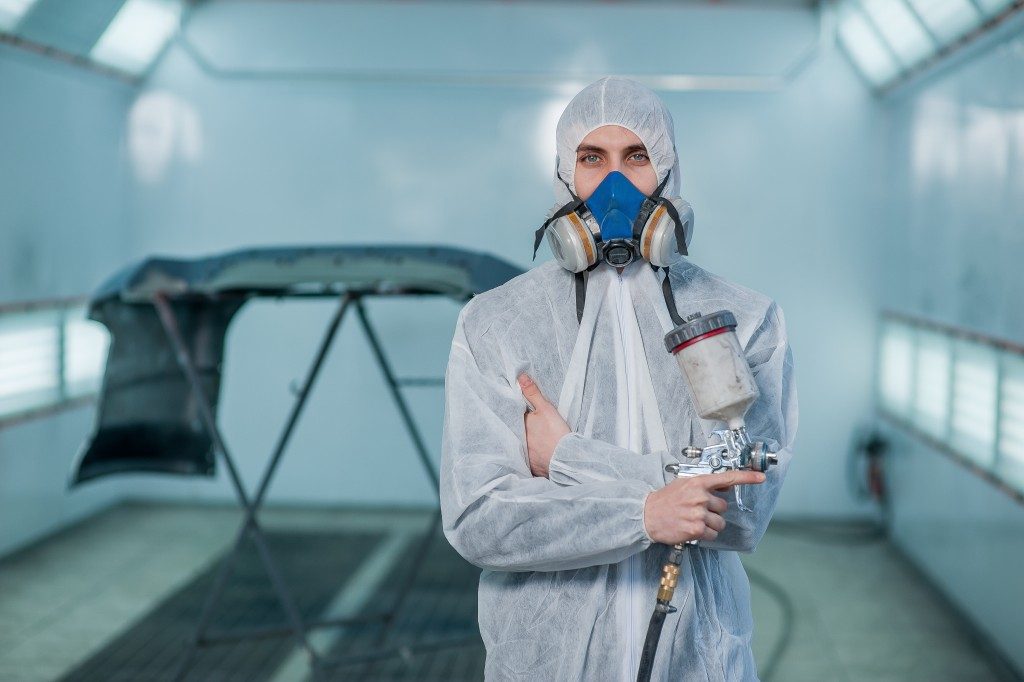- Car ownership brings benefits like increased job prospects and social connections.
- First-time car owners need to budget for ongoing expenses like maintenance and insurance.
- Learning essential car maintenance and repairs can save money, but some tasks should be left to professionals.
- Reckless driving can lead to severe accidents, legal consequences, and higher insurance premiums.
As a first-time car owner, it is crucial to understand the benefits and responsibilities of owning a vehicle. While many people view cars as merely a means of transportation, owning a car can significantly impact one’s life, from increased mobility and convenience to improved job opportunities and social connections.
According to a National Bureau of Economic Research study, car ownership is associated with a 90% increase in job prospects. Individuals with cars can access a broader range of job opportunities and are more flexible in commute times. In addition, owning a vehicle can lead to increased social connections, allowing individuals to participate in community events, visit family and friends more efficiently, and engage in a broader range of leisure activities.
However, owning a car comes with a ton of responsibilities. Many expenses will be associated with car ownership, such as maintenance costs, insurance premiums, and fuel. To ensure that your investment in a car is worth it, you must avoid inevitable mistakes as a first-time car owner. Here are a few of them.
Budgeting Stumbles

One of the biggest pitfalls for first-time car owners is financial struggles. Cars require ongoing expenses, and it is crucial to budget for them to avoid going into debt. In fact, according to a survey by Bankrate, almost a third of car owners regret how much they spent on their vehicle, and over half say that their car expenses have strained their budget. To ensure that you don’t fall into this trap, you must follow financial responsibilities of car ownership:
Maintenance Costs
Regular maintenance is essential to keep your car running smoothly and prevent more significant, more expensive problems. This can include oil changes, tire rotations, and tune-ups, which can add up over time. In addition, unexpected repairs can arise, and budgeting for them is essential.
Insurance Premiums
Car insurance is a legal requirement in most states, and it’s essential to have adequate coverage to protect yourself and others on the road. Insurance premiums can vary widely depending on factors such as age, driving history, and vehicle type, so shopping around for the best rates is essential.
Fuel Costs
This is one of the most apparent ongoing expenses of car ownership, but it’s still important to remember that fuel prices can fluctuate significantly and impact your budget. Calculating your estimated fuel costs based on your daily commute and other driving habits is a good idea and factor this into your budget.
Depreciation
This is the overall decrease in the value of your car over time. Cars typically lose value rapidly in the first few years of ownership, and it’s important to factor this into your budget if you plan to sell or trade-in your car down the line.
Advanced Repair Mistakes

While owning a car requires a significant financial commitment, there are ways to save money while ensuring your vehicle remains in good working condition. One way to do this is by learning to perform essential car maintenance and repair yourself. Not only can this save you money in the long run, but it can also give you a sense of accomplishment and self-reliance.
Many DIY car maintenance and repair resources are available, from online tutorials to community college classes. By learning the basics of car care, such as changing your oil, checking and replacing air filters, and rotating your tires, you can save hundreds of dollars each year in maintenance costs.
However, it’s important to note that while there are many benefits to doing your car maintenance and repairs, there are also some tasks that should be left to the professionals. A broken windshield, for example, should be repaired by a professional windshield repair service. Attempting to repair the windshield yourself can put you and your passengers in danger, and it can also lead to more costly problems down the line if not done correctly.
Reckless Driving
Reckless driving is a dangerous behavior that must be avoided by all drivers, especially first-time car owners. Not only can reckless driving lead to severe accidents and injuries, but it can also result in legal consequences and higher insurance premiums.
In fact, according to the National Highway Traffic Safety Administration, there were more than 36,000 fatal crashes in the United States in 2019, many of which were caused by reckless driving behaviors such as speeding, distracted driving, and driving under the influence of alcohol or drugs.
As a first-time car owner, it’s essential to understand the potential consequences of reckless driving and to avoid engaging in these behaviors. This can include following posted speed limits, avoiding distractions such as texting or using social media while driving, and never driving under the influence of drugs or alcohol.
Final Thoughts
Owning a car can provide many benefits, but it also comes with many responsibilities. As a first-time car owner, it’s essential to understand the financial and legal implications of owning a vehicle and to take steps to ensure you are informed on the best practices for maintaining your car. By understanding what to avoid as a first-time car owner, such as budgeting stumbles, advanced repair mistakes, and reckless driving behaviors, you can ensure that your experience with car ownership is positive and rewarding.



